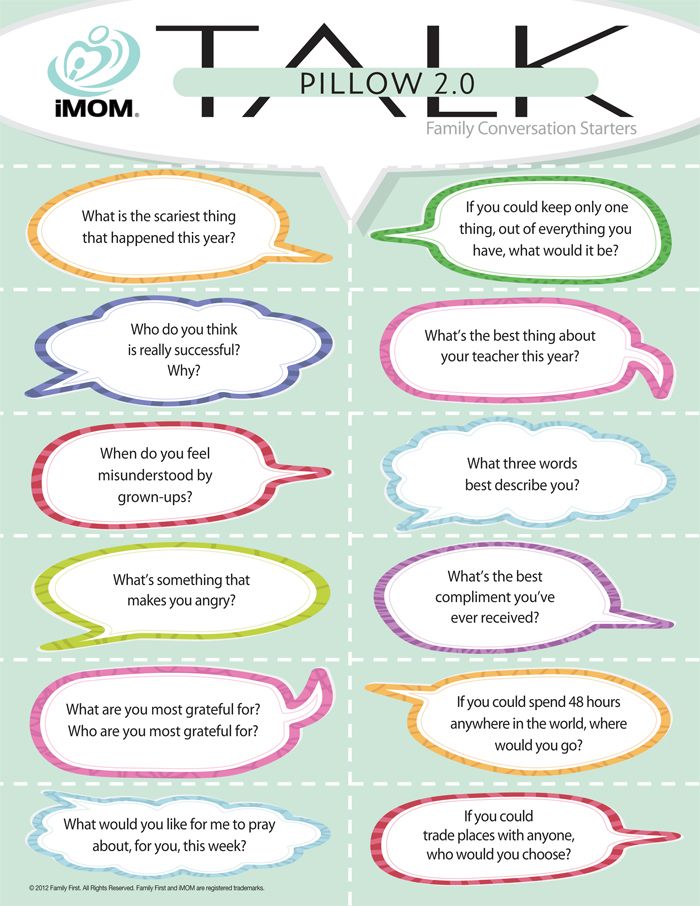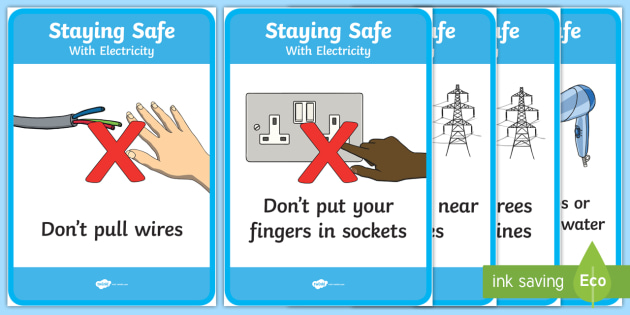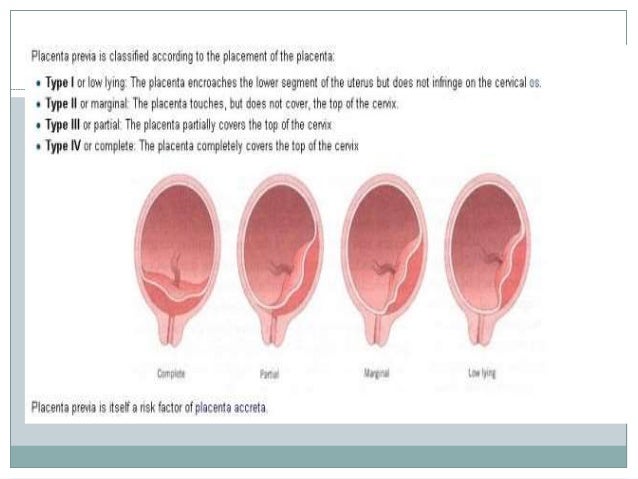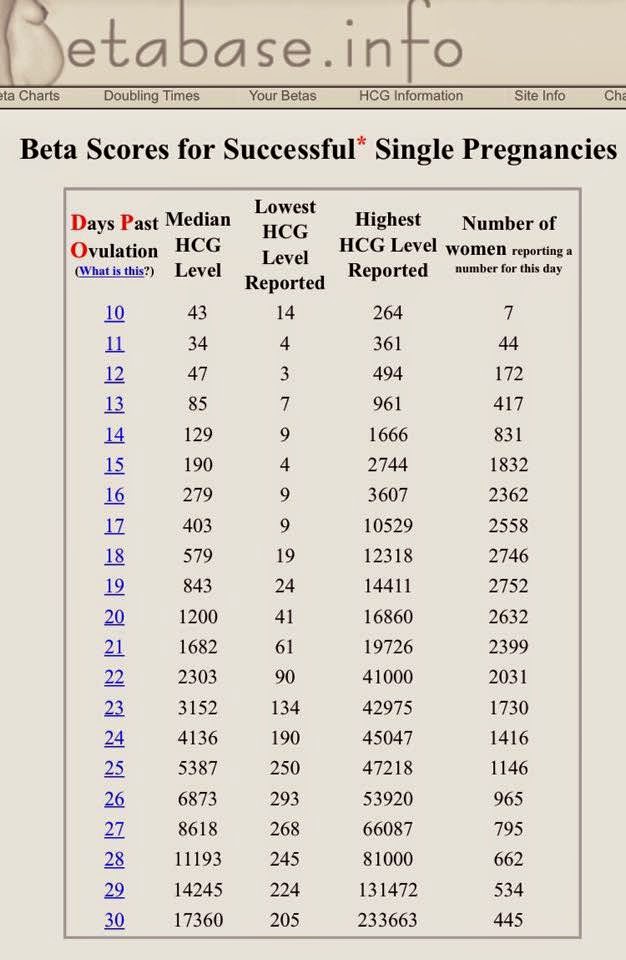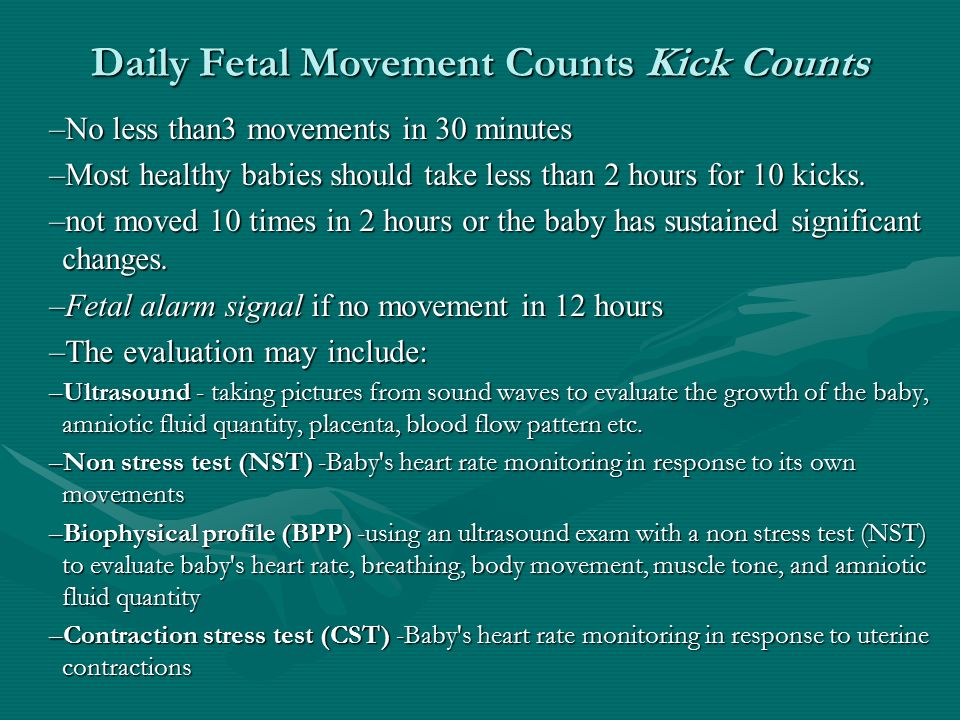How to handle a visit from child protective services
10 Things You Should do if Child Protective Services or DCFS is Investigating You
1: Take any accusations seriously.No matter how absurd or unbelievable the CPS/DCFS social worker’s claim(s) may seem, please understand that the social worker is dead serious, and most likely presumes – no… most likely BELIEVES that you are guilty as accused. Even if the social worker doesn’t admit that s/he is at your home to take your children, often times that IS EXACTLY why they are there. It is our experience, over 20+ years, that the majority of CPS social workers develop a cynical view of life and assume that you are UTTERLY GUILTY until YOU PROVE that you are not: the opposite of the way the “justice system” is supposed to operate.
2: Ask what the accusations and charges are.Most typically, the CPS/DCFS social worker wants to keep you from knowing exactly what you have been accused of — sort of keeping themselves on a “general fishing expedition” — but it is required by state and federal law to tell you the exact details of the accusations at first contact with you. Be wary! Do not settle for the vague and general charges called “neglect” or “abuse.” Neglect and abuse are broad categories – not the legally-required “details” of the accusations or charges! You are entitled to know the “details & specifics” of what you are accused of committing.
In criminal law it is ALWAYS strongly suggested that you talk to NO ONE but your attorney. Think about it. Virtually ALL CHARGES that CPS or DCFS levels against you are CRIMINAL CHARGES. And while CPS or DCFS is there ONLY to take your kids, the police can and often will show up later for the parents! In fact, open your mouth and tell the CPS investigator just enough to “make their case” and you can start packing an overnight case as the police will be called by CPS who will be at your door to take you away.
Sure, it is totally natural that innocent parents who have nothing to hide will want to explain everything to a CPS social worker because such parents would assume that ANY reasonable person would see that there is nothing wrong going on. But CPS and DCFS social workers are commonly ANYTHING BUT reasonable. They become entrenched in a culture that is uniformly cynical about ALL PARENTS. Frankly, you are presumed guilty by the majority of CPS and DCFS agents. The exhausted, over-worked social worker who just fought the crowded freeways to make it to your home is there on a mission. That mission is most often to find evidence to support what the social worker already believes to be true – that you abused your child just as the neighbor, relative or anonymous tipster claimed.
But CPS and DCFS social workers are commonly ANYTHING BUT reasonable. They become entrenched in a culture that is uniformly cynical about ALL PARENTS. Frankly, you are presumed guilty by the majority of CPS and DCFS agents. The exhausted, over-worked social worker who just fought the crowded freeways to make it to your home is there on a mission. That mission is most often to find evidence to support what the social worker already believes to be true – that you abused your child just as the neighbor, relative or anonymous tipster claimed.
If you don’t talk to them –just as you are always told to never voluntarily talk with the police if they are accusing you of a crime– you take their power away. They will not be able to use your own admissions, statements, and your very words against you. For example” “Have you ever spanked your toddler?” Do you really think there is a good answer to that question? The majority of CPS and DCFS social workers abhor most any form of parental punishment.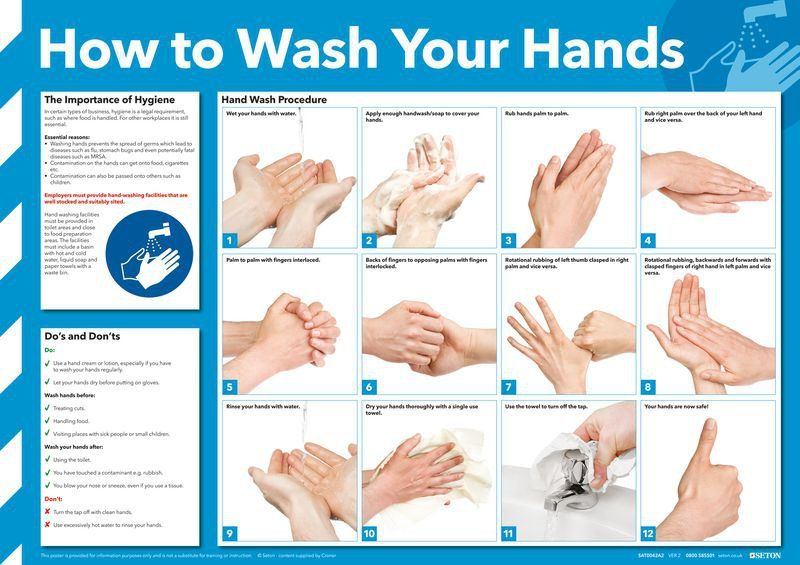
An attorney EXPERIENCED in CPS and DCFS cases and courts is mandatory! Juvenile Dependency courts are worlds unto themselves. Your most seasoned and experienced lawyers when first stepping foot into a Juvenile Dependency courtroom are totally dumb struct as if they stepped into It’s a Small World at Disneyland. Most lawyers –even experienced Family Law attorneys– who are not experienced with CPS/DCFS mistakenly think that it is their job (as it would be in any other court setting) to find out what CPS or DCFS wants and then communicate all the details to their clients. Shockingly, doing exactly that often leads to total disaster and the loss of your children.
5: Be courteous and polite to CPS social workers & investigators.Let’s face it, when a “government investigator” –without any advanced notice– knocks insistently on your door, well-dressed, looking all official with a county badge; exuding the authority of the government; is well-prepared, PRIMED and READY to level accusations of child abuse or neglect against you: most people would be SHOCKED! If you’re human you’d also be scared too.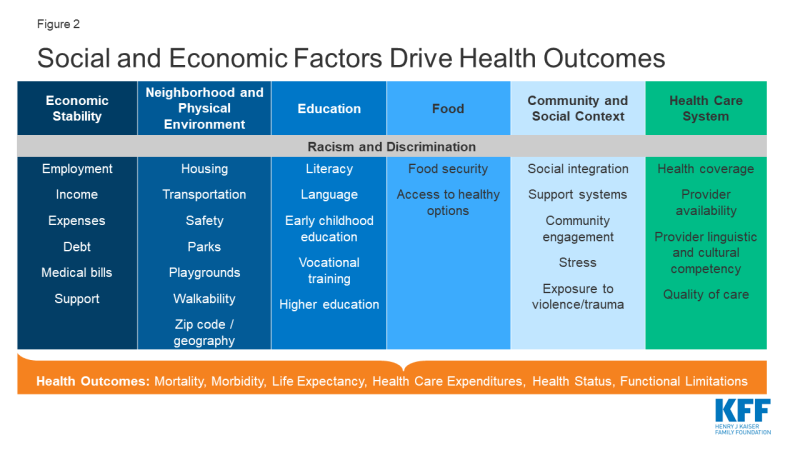 As government is getting bigger and bigger every year they are getting more and more powerful and intrusive in the lives of ordinary citizens. We are all a bit nervous and threatened by the power of the state as we witness weekly examples of government power wielded unfairly on Investigative TV News programs and in the lives of our own families and friends.
As government is getting bigger and bigger every year they are getting more and more powerful and intrusive in the lives of ordinary citizens. We are all a bit nervous and threatened by the power of the state as we witness weekly examples of government power wielded unfairly on Investigative TV News programs and in the lives of our own families and friends.
What could your reaction possibly be to a surprise home-visit from a government agent? No one appreciates surprise visits by any one! Perhaps the dishes are unwashed; maybe you haven’t cleaned house for a day or two; say that there are a collection of beer bottles on the coffee table from the football game the day before; could be that you’re not dressed in appropriate attire as you would be IF EXPECTING guests… So when you are surprised and ACCUSED TO YOUR FACE of child neglect or child abuse it might be natural that you are shocked, defensive, upset, angry and a little hostile. As Homer Simpson would say: “Do’ah!”
Guess what? An angry demeanor toward the CPS social worker or DCFS investigator is considered evidence of your guilt. Your perfectly natural, upset and angry reaction to being accused of harming your child will very OFTEN BE USED as evidence of your violent and abusive personality.
Your perfectly natural, upset and angry reaction to being accused of harming your child will very OFTEN BE USED as evidence of your violent and abusive personality.
If a County CPS/DCFS social worker requests that you invite them into your home politely refuse. If he or she insists or suggests that not allowing entry will work against you or will ensure that your children are taken away from you HOLD YOUR GROUND. Politely ask to see their warrant or court order to come into your home. It the CPS social worker or investigator claims to have a warrant, insist on seeing it: in fact they owe you a copy! Why? Would a Social worker lie? YES. Police and government agents often suggest they have a warrant or outright lie and claim to have a warrant when they do not. It makes their task of finding needed evidence against you so much easier! If the CPS/DCFS government agent cannot produce a warrant, firmly but politely tell them that they will have to remain outside until a warrant is presented.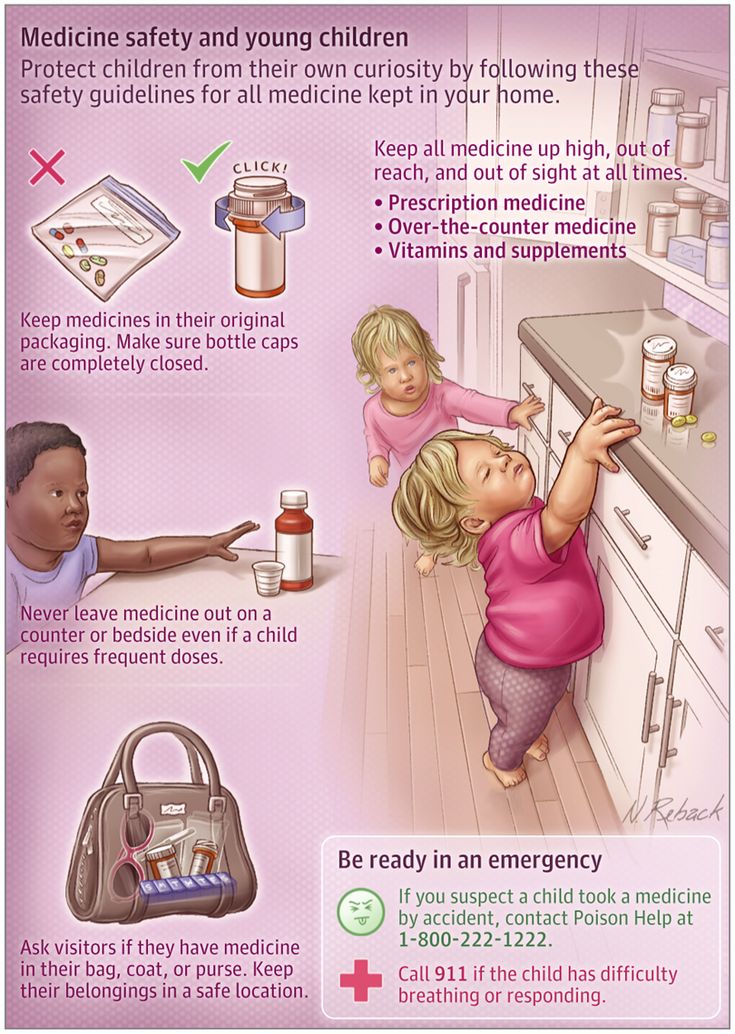 They will be annoyed. But you will be far better off – legally. If the agent says it is an EMERGENCY call their bluff. Insist that they explain how it is an emergency and what constitutes an emergency. Typically, in so-called “emergency situations,” the police and the CPS social workers come together and even then it is not necessarily an emergency but a working relationship that some CPS agents have with associates on the police force.
They will be annoyed. But you will be far better off – legally. If the agent says it is an EMERGENCY call their bluff. Insist that they explain how it is an emergency and what constitutes an emergency. Typically, in so-called “emergency situations,” the police and the CPS social workers come together and even then it is not necessarily an emergency but a working relationship that some CPS agents have with associates on the police force.
Do not even open the door to allow the CPS agent look into your home to see your children: they can see something that creates an “emergency situation” even if it is not true.
Be FIRM. You should not waiver nor give in to thinking: “What’s the harm?” There is no compromise here: no exception. If you invite a County CPS investigator or a Los Angeles DCFS social worker into your home, you have just waived your Federally-protected fourth amendment constitutional protection. Just like a police detective intent on hauling you to the police station for questioning would love for you to willingly invite them into your home, a CPS social worker who is openly or secretly intent on taking your children from you WILL FIND SOMETHING IN YOUR HOME TO JUSTIFY THE REMOVAL OF YOUR KIDS.
This happens every day all over America and even more often in Southern California where CPS and DCFS agents are the most ruthless social workers anywhere. The bar for removal is “whatever it needs to be” as far as the social worker is concerned. A legal prescription in your bathroom cabinet, a beer bottle on the coffee table, a kitchen knife not in the drawer, a broken window, a back door without a deadbolt, a missing smoke detector, a swimming pool without its own secondary safety fence: whatever might be necessary to fill out the paperwork to justify removal. If this particular social worker set out to take your child, allowing them innocently into your house will ensure that your child is taken from you. You now have a year or a lifetime of HELL before you.
7: Demand that CPS tape any interrogation of your child.Subjective reports of what a child said or did not say is hardly ever adequate. Ask that any interrogation be recorded. You could produce your own recorder (as a back-up) just in case the CPS or DCFS investigator “loses” their tape between the interrogation and a subsequent court hearing where you might have “wished” that you had such a tape.
Ask your doctor to write a letter stating that there are no bruises or injuries observed, nor any other health-related issues that would raise any concern or suspicion of child abuse or neglect. Obviously go to a doctor whom you trust. If a CPS or DCFS social worker suggests a doctor for you, or suggests that they know where you can see a doctor at NO CHARGE (as attractive as that may be), NEVER visit with a doctor recommended by CPS. What you may not know is that these doctors are a regular part of the CPS system and they are commonly called as expert-testimony witnesses by CPS as a witness against the parents. They are paid handsomely for their testimony.
9: Create a list of relatives and friends who are willing and able to care for your children if CPS takes them.If your children are removed from your home, or the court is demanding that your children must soon leave your home for some period of time it is always better that your children are taken in by relatives or friends.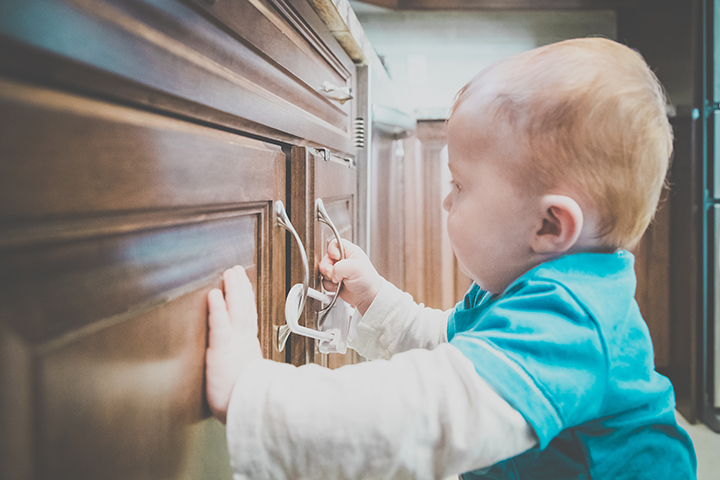 Are you aware that children placed in foster care are sometimes abused or mistreated by people working the foster care system for a “pay check?” There is the flip side to that where some truly loving foster parents sometimes become smitten with your kids and start their own campaign with the court and petition for adoption! Having your kids in foster care is simply adding one more level of stress and complexity to your plate.
Are you aware that children placed in foster care are sometimes abused or mistreated by people working the foster care system for a “pay check?” There is the flip side to that where some truly loving foster parents sometimes become smitten with your kids and start their own campaign with the court and petition for adoption! Having your kids in foster care is simply adding one more level of stress and complexity to your plate.
If you are innocent of neglect or abuse why would you buckle to the pressure of a CPS agent’s demands to have you admit to false accusations? If you are accused or charged with neglect because someone has informed the county CPS system that you are addicted to drugs or alcohol, the social worker who is investigating those accusations may have good-reason to be concerned for your kids’ safety.
Even if you privately agree that maybe you drink too often or too much that does not mean that you have to incriminate yourself in this investigation.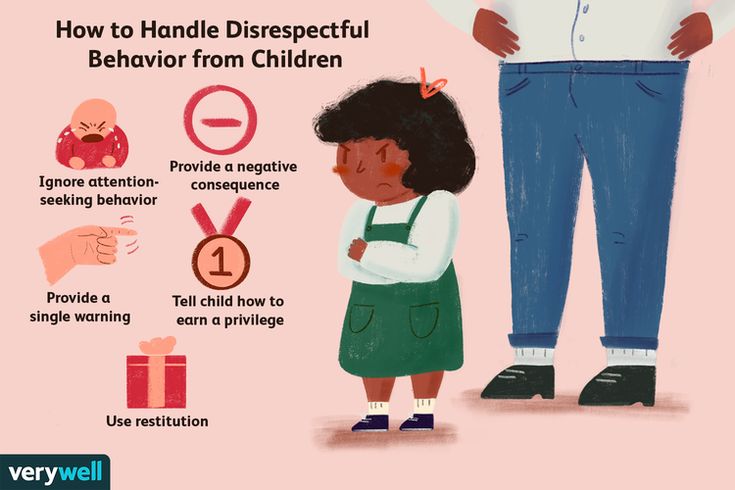 Bite your tongue. Admit NOTHING! Even if you recognize that you have a problem that needs to be addressed this is not your DOCTOR; this is not your PRIEST; this is not your LAWYER. Wrong person! Wrong time! This person is not here to HEP YOU. This person is here to collect evidence to support the accusations made against you and to TAKE YOUR KIDS. Period.
Bite your tongue. Admit NOTHING! Even if you recognize that you have a problem that needs to be addressed this is not your DOCTOR; this is not your PRIEST; this is not your LAWYER. Wrong person! Wrong time! This person is not here to HEP YOU. This person is here to collect evidence to support the accusations made against you and to TAKE YOUR KIDS. Period.
Do not admit guilt. Instead, work with your doctor, pastor or even your private CPS defense attorney to find the professional help you might need need (and professional help that the courts will recognize – no sense paying twice because a treatment program is not court-approved). By NOT ADMITTING GUILT, you can then honestly work on any issues you have and work with the court to keep your kids under your roof or to get your kids returned to you when appropriate.
By mistakenly thinking that admitting guilt to a social worker is justified is often a fast trip to jail – removing many of the options that you need right now to get your life in order. In any potentially-criminal situation NEVER voluntarily do anything until you contact an attorney: preferably a compassionate and understanding attorney who works with parents, kids and the Juvenile Dependency Courts on a daily basis. They will offer you frank advice that will be better than unnecessarily sitting locked behind bars. CPS social workers and investigators are not above lying to you to encourage you to confess or admit to something that you might not even be guilty of – just to get you arrested and your kids in their control.
In any potentially-criminal situation NEVER voluntarily do anything until you contact an attorney: preferably a compassionate and understanding attorney who works with parents, kids and the Juvenile Dependency Courts on a daily basis. They will offer you frank advice that will be better than unnecessarily sitting locked behind bars. CPS social workers and investigators are not above lying to you to encourage you to confess or admit to something that you might not even be guilty of – just to get you arrested and your kids in their control.
When you talk to me, Vincent W. Davis, you can be sure of one thing, that I am listening. Child Protective Services (CPS or DCFS) and your accusers have their story, and it is our job to make sure that your story is heard and we keep your family together. If your kids or grand-kids have already been taken, we will find the best and fastest way to reunite your family.
Call me personally - 888-888-6582 - I am waiting to hear your story now, to defend you and keep your family together or reunite you and your precious loved ones.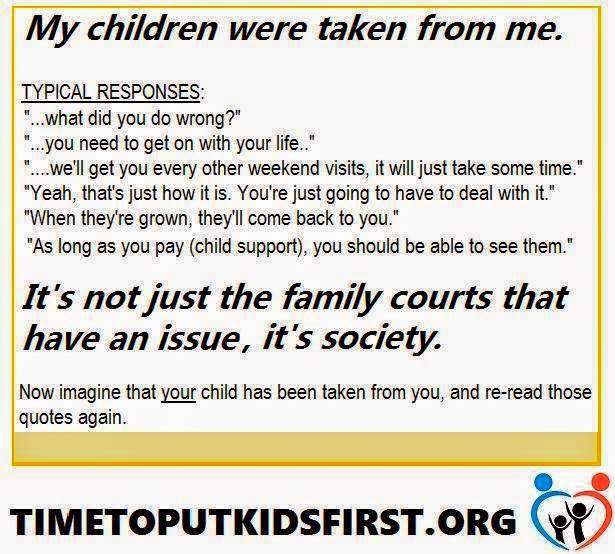
We Are Your Juvenile Dependency Lawyers and we are proud to serve Los Angeles, Orange, Riverside, San Bernardino , Ventura, and San Diego Counties.
Email: [email protected]
What Child Protective Services Looks for When Inspecting a Home
Updated on August 22, 2022
If you have become aware of an ongoing Child Protective Services (CPS) investigation after your neighbor or any other concerned person called CPS, you may be unsure about what happens next.
If a report has been made to CPS, the agency’s caseworker will make an unannounced visit to your home within 48 hours.
The mere thought of a complete stranger coming to your home and taking your children away from you is terrifying. For this reason, it is critical to be prepared for the CPS home visit and know what a CPS investigator will look for when inspecting your home.
If you believe a CPS home visit will be happening in your future, or if you are concerned about issues related to custody, call us today to speak with a Copperas Cove child protective services lawyer.
What CPS Looks for During a Home Visit
CPS caseworkers are trained to look for anything that could be used against you. A CPS investigator will keep the following questions in mind during a home inspection:
Is there enough healthy food in the house?
Is food readily available to your children?
What are the sleeping arrangements for the kids?
Do the children have plenty of clothes?
How clean is the house?
Are there any safety hazards in the house?
Are there any drugs, weapons, or chemicals left in the open?
Knowing what CPS investigators look for when evaluating a home will prepare you for the visit, allowing you to protect yourself and prevent the agency from removing your child.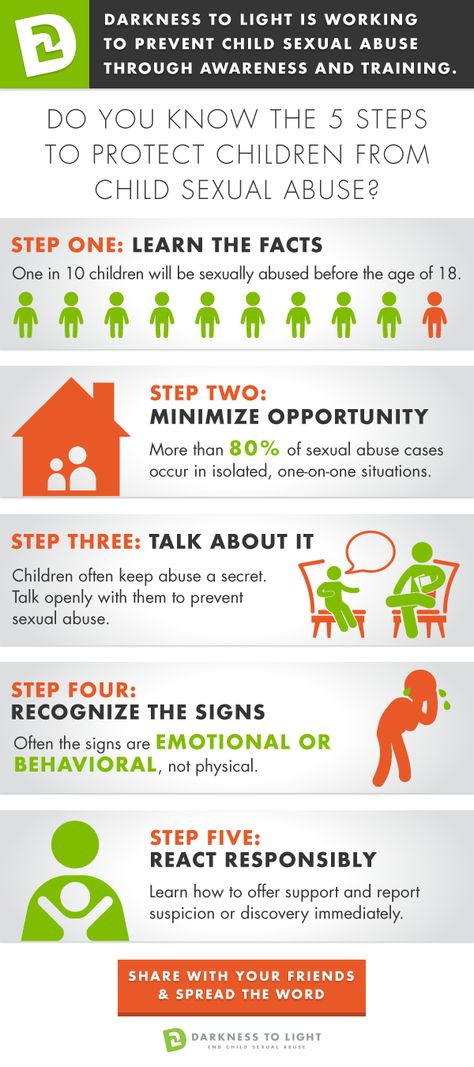
If you are under investigation by CPS, or believe CPS will soon place you under investigation, the time to call a lawyer is now: we will help guide you through the process. Contact me today to schedule your FREE consultation.
Below is the list of things a Child Protective Services investigator will look for when visiting your home:
Cleanliness
Sanitary Conditions
CPS will inspect the cleanliness of your house to ensure that your home has sanitary conditions for your kids.
Feces
It is a major red flag when a CPS caseworker finds human, animal, and rodent feces in the house.
Infestation
The investigator will also look for insect and rodent infestation, so get rid of any cockroaches and other pests before the CPS visit.
Trash
Do not expect a CPS worker to ignore piles of trash in the house.
Laundry
CPS will not be pleased about piles of dirty laundry scattered around the house.
Smell
The very first thing a CPS caseworker will notice during a home visit is the smell. Get rid of any unpleasant odors, including the smell of cigarette smoke, in the house.
Kitchen
Rotten Food
There should be no rotten, moldy, or spoiled food in the house if you want to make a good impression on CPS.
Healthy Foods
Food choices play a role, so make sure that your kitchen has plenty of healthy foods, such as fruits and vegetables.
Availability of Food
Food must be readily available to your children, so make sure that your refrigerator, pantry, and cupboards are stocked with healthy food.
Knives and Other Sharp Dangerous Objects
Any knives, matches, razors, and other dangerous items within reach of your kids will definitely catch the CPS investigator’s attention.
Safety Hazards
Choking, Strangulation, Suffocation, and Poisoning Hazards
A CPS investigator will look for any objects or hazards that could cause choking, suffocation, strangulation, or poisoning, so it is vital to thoroughly inspect your home for those hazards before the CPS home visit.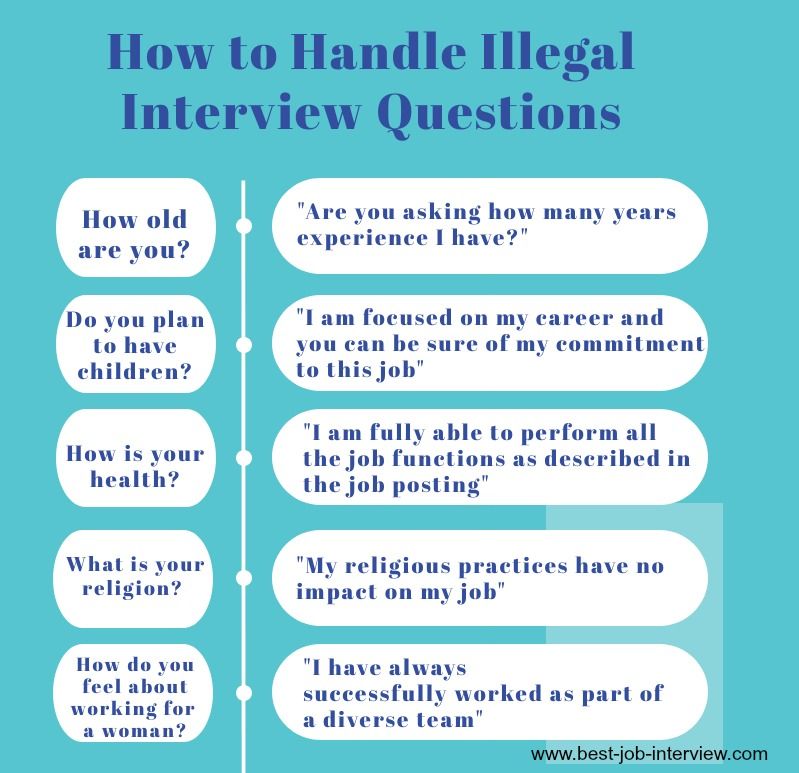
Slip, Trip, and Fall Hazards
Your home should be free of clutter, loose rugs, secured wires, slippery surfaces, and other slip, trip, or fall hazards.
Electrical Hazards
Any electrical hazards are also a red flag for CPS during a home visit. Make sure that there are no exposed electrical parts or wiring in the house.
Burn Hazards
CPS will look for any hazards, including electrical equipment, chemicals, and thermal contact, that could result in burn injuries to a child.
Fire Hazards
Make sure that flammable items are far away from open flame in the house. A CPS investigator may also ask you if your house is equipped with smoke alarms.
Chemicals and Cleaning Products
While cleaning your house is good, household cleaners and other chemicals should be stored out of kids’ reach.
General Safety Hazards
Broken appliances, malfunctioning utilities (or the lack thereof), shattered glass, stairs without gates, mold, gas leaks, and other safety hazards may catch the CPS worker’s attention.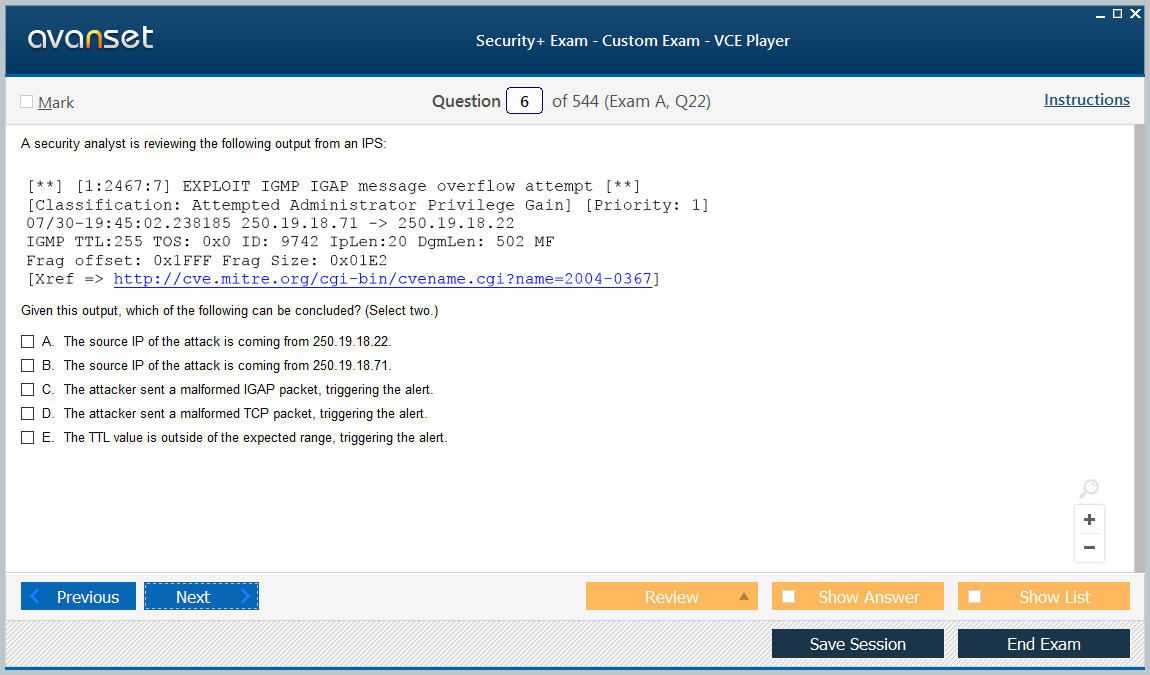
Sleeping Arrangements
Children Under 18 Months
Children under 18 months should sleep in a crib with no pillows, blankets, stuffed toys, or other materials.
Bunk Beds
If your children are sleeping in bunk beds, they should have railings on both sides to prevent falls. It is not safe for children under the age of 6 to sleep in a top bunk.
Opposite-Sex Children
If you have a boy and girl, they must sleep in separate bedrooms at ages 5 and older.
Firearms
Guns and Weapons
If you possess any firearms or weapons, they should be stored unloaded and in a locked cabinet out of reach of children.
Ammunition
Ammunition should be stored separately from firearms.
Alcohol & Drugs
Illegal Drugs
There should not be any illicit drugs or substances in the house.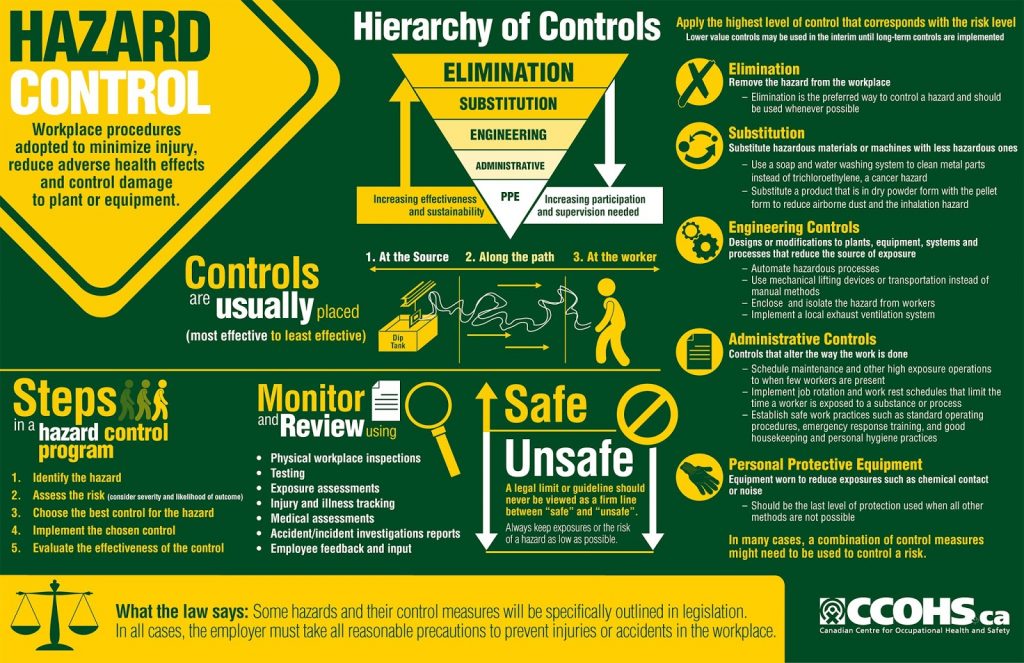 (Read What Can I Do if Child Protective Services (CPS) Requires a Drug Test?)
(Read What Can I Do if Child Protective Services (CPS) Requires a Drug Test?)
Prescription and Over-the-Counter Medications
Medicine should be stored in a locked cabinet out of sight and reach of children.
Alcohol
Any alcohol in the house should be stored out of kids’ reach.
Outside
Swimming Pool
If you have a swimming pool in the backyard, it should have fencing to prevent younger children from drowning.
Road Safety
If your house is near the road, your property should have fencing to limit the play area of your children and to make sure that they stay away from the road.
Contact a Copperas Cove Child Protective Services Lawyer Today
It’s typically not a good idea to be adversarial with CPS workers. They are doing their job to make sure that your house is free of hazards and is appropriate for your children.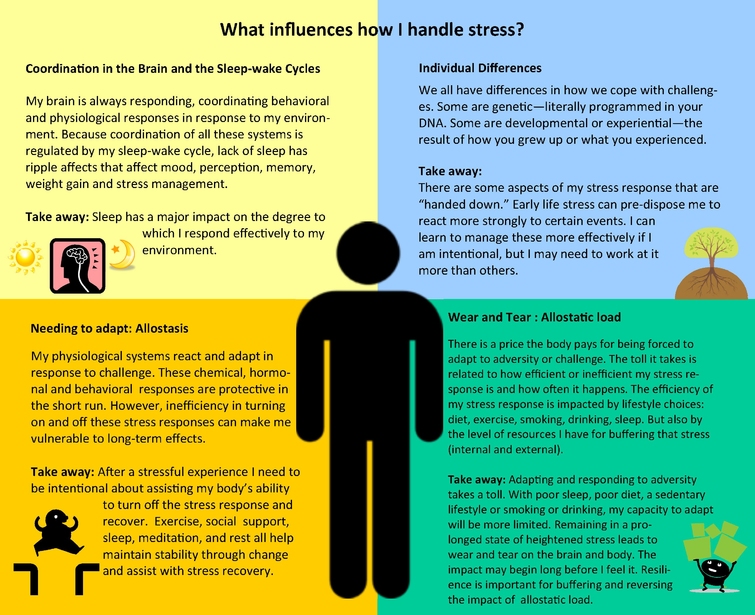 However, it is crucial to be prepared ahead of the CPS home visit because you will not have a second chance to make a first impression.
However, it is crucial to be prepared ahead of the CPS home visit because you will not have a second chance to make a first impression.
It is advised to consult with a Copperas Cove child protective services attorney to protect your rights and childproof your house. Speak with our experienced CPS attorney in Copperas Cove, Texas, to discuss your situation and to find out what CPS may look for when inspecting your home. Call us at (254) 781-4222 or contact us online for a FREE case evaluation.
Related Reading
What Are My Rights During a Child Protective Services (CPS) Investigation?
What Happens During a Child Protective Services (CPS) Investigation in Texas?
Can Child Protective Services (CPS) Terminate Your Parental Rights?
Principles of happy relationships: how to successfully survive crises in the family
Modern approaches to psychology identify quite a lot of common patterns and difficulties that any family can face at a certain stage.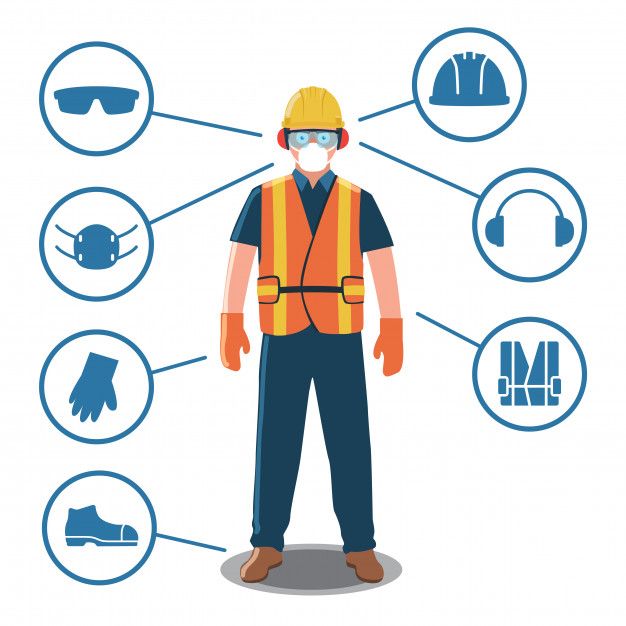 Inna Kolosova, a psychologist at the Kutuzovsky family center, spoke about the principles of a happy relationship.
Inna Kolosova, a psychologist at the Kutuzovsky family center, spoke about the principles of a happy relationship.
The first calls
A young married couple, Evgeny and Olga, turned to the center. The initiator of the call for help was the wife. She said that their long-awaited daughter Polina was born a year ago. When the first few months passed and the young parents seemed to have adapted to the new family member, Olga began to notice that her husband was increasingly late at work, came home later and left earlier in the morning. nine0005
“A family is not a frozen structure, it is akin to a living organism in which various changes are constantly taking place. This is especially evident when one of the family members leaves or a new one appears. The family, as a living system, goes through several stages of its existence, the so-called life cycle,” comments Inna Kolosova.
Olga and Evgeny were able to successfully overcome the first crisis, when it was necessary to agree on everything that they had previously done at their own discretion: to share household chores, discuss the issue of finances, decide whether to have a baby and when, - in general, establish a joint life and economy.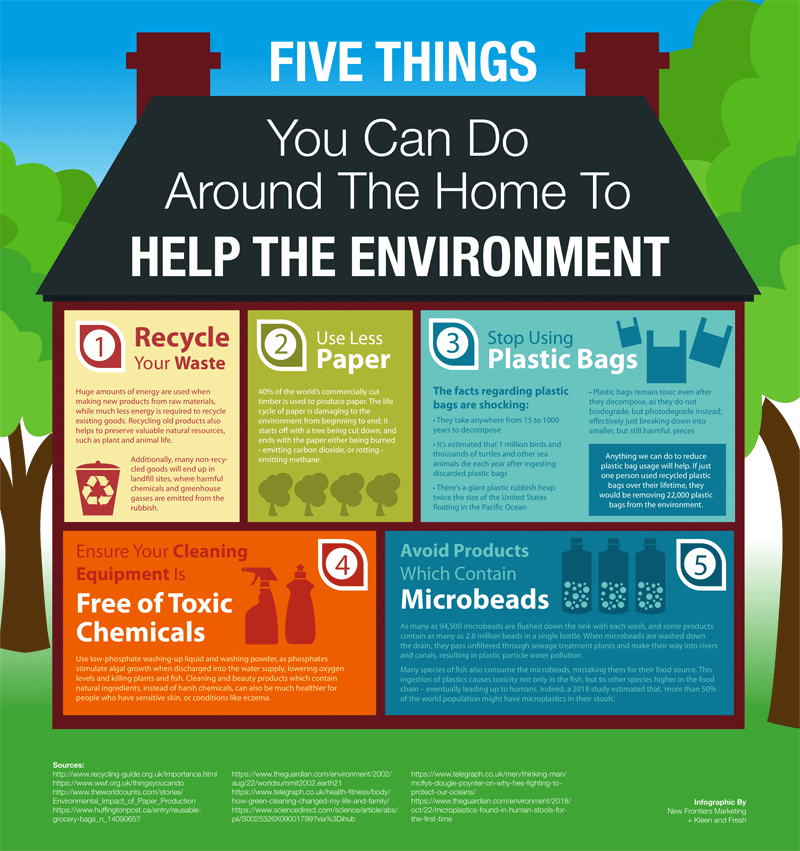 The appearance of a child marked the transition of a young family to the next stage of the life cycle - the stage of a family with a child. There was a need to redistribute roles, time, money, etc. And here it turned out that in conditions of stress and lack of time for communication, it is no longer so easy to negotiate with each other as before. nine0005
The appearance of a child marked the transition of a young family to the next stage of the life cycle - the stage of a family with a child. There was a need to redistribute roles, time, money, etc. And here it turned out that in conditions of stress and lack of time for communication, it is no longer so easy to negotiate with each other as before. nine0005
Happy together
In the process of working with a psychologist, it turned out that Olga in the first months after giving birth really immersed herself in caring for her daughter (which is absolutely natural). It began to seem to Yevgeny that his wife did not need him, even hindering him. Olga rarely asked how he was doing, what was happening at work. There was neither time nor energy left for joint leisure, intimate relationships. Eugene began to spend more time at work, which Olga was offended by. According to her, she felt lonely, and her husband - a stranger. At a certain point, the accumulated grievances no longer allowed the spouses to calmly talk and discuss the current situation. Fortunately, Olga learned from a school friend that specialists from the family center can help in such a situation. nine0005
Fortunately, Olga learned from a school friend that specialists from the family center can help in such a situation. nine0005
It took the couple just a few consultations to understand that closeness and love for each other is still in their lives, that they want to maintain and develop their relationship, but in a new capacity - spouses and parents at the same time. What conclusions did they come to in the course of their work?
Always try to find time to calmly discuss the current difficulties. It is clear that a family with a small child does not have much time like this. However, by regularly discussing problems, it is possible to prevent the emergence of large resentments and isolation in one or both spouses. At the same time, you need to talk about yourself and your feelings, and not reproaches against your partner. nine0005
Parents should remember that they are also spouses. Of course, the first months after childbirth, the whole life of the family revolves around the newborn, this is inevitable. Gradually, parents get used to caring for the baby, the mother recovers, a certain regimen appears. At this moment, it is worth remembering that young parents are also beloved people for each other, that they also need the attention and closeness of a partner, common interests.
Gradually, parents get used to caring for the baby, the mother recovers, a certain regimen appears. At this moment, it is worth remembering that young parents are also beloved people for each other, that they also need the attention and closeness of a partner, common interests.
After discussing various options with a psychologist, Olga and Evgeny decided that they would try to go somewhere without a child at least a couple of times a week, for example, to resume dancing classes or walk around the city together. In this case, the task of the specialist is to support this plan, since responsible parents tend to feel guilty for being away from home, even if the child stays only for a few hours with a beloved grandmother or a good nanny. Our older relatives also tend to exacerbate the feeling of guilt, saying that, they say, you danced and took your time off, had a child and you need to deal with it. Do not give in to this: happy mom and dad will be much better parents than those mired in the daily routine.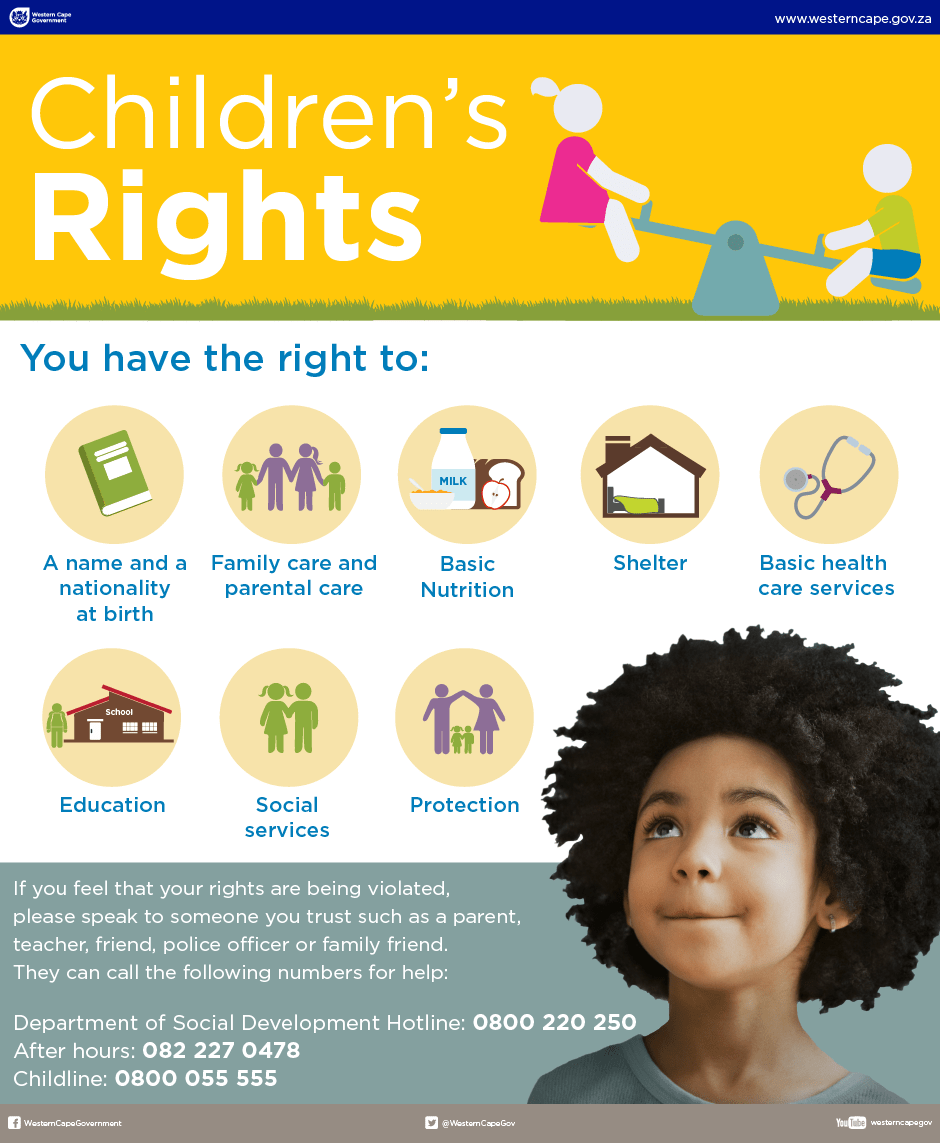 A grown-up baby can also be left overnight so that mom and dad can be alone and switch a little from parental roles. nine0005
A grown-up baby can also be left overnight so that mom and dad can be alone and switch a little from parental roles. nine0005
Don't forget that 's dad is the same parent as 's mom. He may well spend a couple of hours with the child, while the mother goes to the hairdresser or meets her friend. In the future, dads who took care of the baby from infancy have a much closer and warmer relationship with him.
At any stage of life, a couple may encounter difficulties. This does not mean at all that love is gone! If you and your spouse find yourself in a similar situation, do not postpone a visit to a specialist and contact family centers in the capital. On the interactive map, you can easily find the nearest institution and turn to professionals for help. nine0005
Source
Press Service of the Moscow Department of Labor and Social Protection
OPEC impunity in Germany - juvenile justice - LiveJournal
German OPEC puts a child in a family where he is killed. OPECA does not bear any responsibility for errors in office work.
OPECA does not bear any responsibility for errors in office work.
Sergey Sumlenny, own correspondent for Expert magazine in Germany.
German child protection policy gives officials almost unlimited powers to intervene in family affairs. Increasingly, such interventions turn into tragedies
Photo: AFP/East News
The life of a little fair-haired girl named Talea from the Westphalian industrial town of Wuppertal was short and sad. Her parents, who belonged either to the lower middle, or to the upper lower class, separated when Talea was three years old. When the girl was four, her mother began to abuse alcohol. When Talea was five years old, the girl was killed - killed in a foster family, namely in a Mormon family chosen by the child protection service, where the girl was placed by officials who cared about her well-being. In the months leading up to Talea's death, teachers at the kindergarten where she went repeatedly informed officials that the child was coming with bruises and cuts, that the girl's hair had been torn out, that she had once again been bitten by her owner's dog.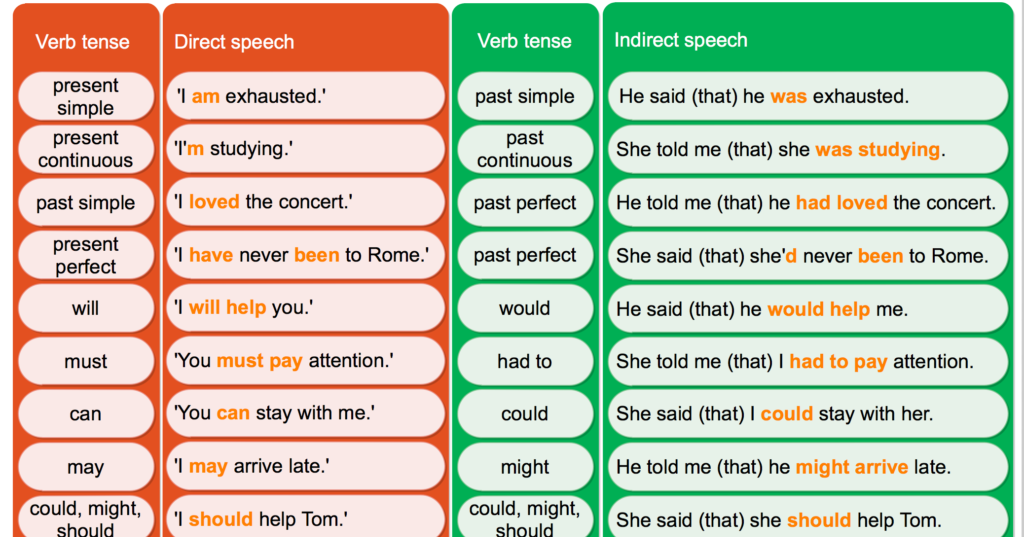 Child Protective Services, however, did not take the time to respond to the signals. nine0005
Child Protective Services, however, did not take the time to respond to the signals. nine0005
On March 18, 2008, it was too late to respond. One of the members of the foster family - presumably the foster mother - beat the girl, threw her into an ice bath and strangled her. Talea's funeral was attended by thousands of citizens who lit scarlet candles.
The fate of the adoptive mother, who is charged with murder, has not yet been decided by the Wuppertal court: this inherently scandalous process has attracted wide attention of the German public.
What makes the case particularly piquant is the fact that a verdict has already been passed against the employees of the child protection service. Both employees who made the decision to remove Talea from her mother and place her in a family where the girl was expected to die are fully justified due to the lack of corpus delicti. These officials can continue to make decisions to remove children from their parents and place them in selected, verified and reliable families. nine0005
nine0005
The logic of a quick shot
Five-year-old Talea's death was tragic, but not surprising, says Wuppertal-based human rights activist Paul Bludau, one of the leaders of a local NGO that unites parents affected by child protection services. “Recent changes in legislation have led to the fact that in North Rhine-Westphalia alone, the number of removals of children from families has increased by 60 percent. Child protection officials come to the family and simply take the child away. They do it without a court order. By law, officials can do without a court order, they are only required to immediately inform the court. In practice, this means that they will inform the court within a week. The Child Protective Services does not report to anyone. No one controls her decisions. I am sure: if it were possible to create an external body, even if only with deliberative powers, which - at least in a closed mode! — would give advice to child protection services in each specific city, then the situation would improve,” Mr. Bludau tells Expert. nine0005
Bludau tells Expert. nine0005
A short, thin human rights activist knows what he is talking about. At one time, when he was 18 years old, the service took away his children - "they thought I was too young." Fortunately for Bludau, his family knew a good lawyer, and the children returned home the very next day. “But then I swore that this would never happen to my children again,” says Bludau. Today, he regularly encounters cases of unjustified removal of children from other parents.
“Child Protection has been reacting too quickly and without thinking lately. This is cowboy behavior: first I will kill you, and then I will figure out if you were a threat to me. The number of seized children is so high that officials in Wuppertal can no longer find families for temporary detention. North Rhine-Westphalia has the highest proportion of child removals nationwide. Wuppertal, on the other hand, has the highest proportion of seizures in North Rhine-Westphalia. Last year alone, 600 children were seized in the city.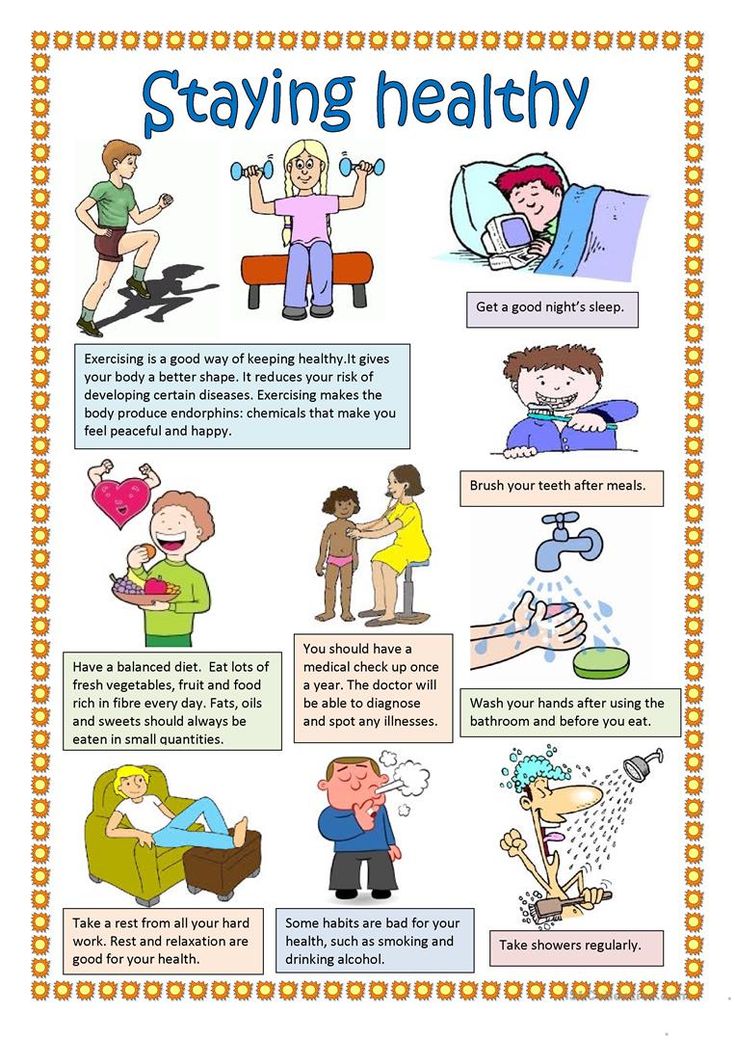 But just a few years ago, it was about 30-40 children a year, ”continues the story of Paul Bludau. nine0005
But just a few years ago, it was about 30-40 children a year, ”continues the story of Paul Bludau. nine0005
However, an increase in the number of seizures of children is observed throughout Germany. According to official data from the Federal Ministry for Family Affairs, Senior Citizens, Women and Youth, last year in Germany, child protection officers took away 28.2 thousand children and adolescents from their parents. This is 8.4% more than the year before. According to the same data, currently between 5 and 10% (or between 250,000 and 500,000) of children under the age of six experience "lack of care" from their parents. We emphasize that in 50% of cases of state intervention in family affairs, it was precisely the “lack of care” that was the central factor in the threat to the well-being of the child, and it was a side factor in 65% of cases. nine0005
Thus, at least 125,000–250,000 children in Germany are potential candidates for placement in shelters.
Tighten the screws, please
The significant increase in family interventions is also acknowledged by local officials. “If a family comes to me and says that they are ready to take the child, then first of all I will be terribly happy, because there are not enough such families,” Inge Buttner, head of the child protection service in the Frankfurt district of Sachsenhausen, admits to Expert. nine0005
“If a family comes to me and says that they are ready to take the child, then first of all I will be terribly happy, because there are not enough such families,” Inge Buttner, head of the child protection service in the Frankfurt district of Sachsenhausen, admits to Expert. nine0005
106,000 people live in the area of responsibility of Frau Büttner's department and three dozen of her subordinates - this is a sixth of the population of Frankfurt, and there are more than enough problems here. “In fact, we are working to the limit,” says Inge Büttner. “Our workload has increased dramatically in recent years. After the tragic death of Kevin, people have become much more sensitive to such things, there are much more alarm signals that need to be processed.
Kevin is a two-year-old boy whose name has become in Germany a symbol of the negligence of the child protection service. In 2005, one-year-old Kevin ended up in a shelter in the city of Bremen from his adoptive father's house - with broken legs and numerous bruises.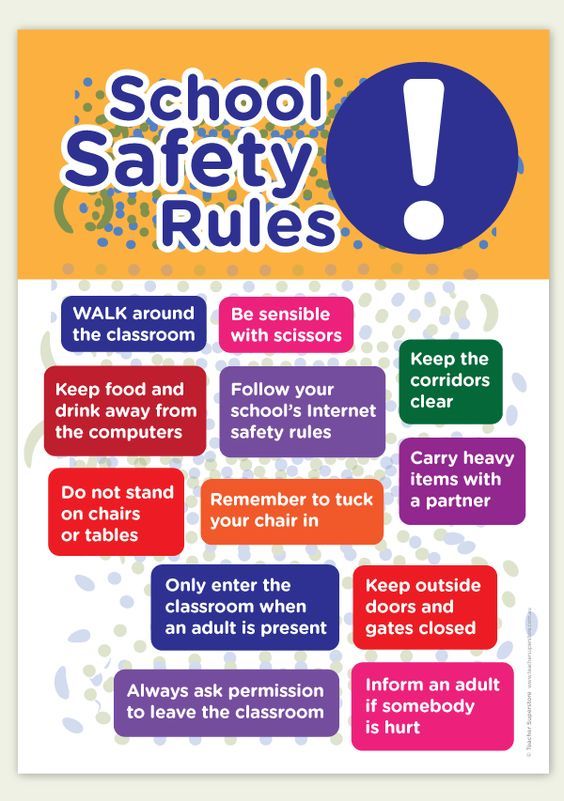 Kevin spent several months in a shelter, then, despite the active protests of the shelter's management, he was returned to his adoptive father, while the state formally retained custody of the child. Although the boy was under the protection of the state, officials checked the affairs of the family extremely rarely - the last time the child protection service visited Kevin in April 2006. When officials came to Kevin a second time, in October 2006, the child was long dead. His corpse, with twenty broken bones, lay in his stepfather's freezer. nine0005
Kevin spent several months in a shelter, then, despite the active protests of the shelter's management, he was returned to his adoptive father, while the state formally retained custody of the child. Although the boy was under the protection of the state, officials checked the affairs of the family extremely rarely - the last time the child protection service visited Kevin in April 2006. When officials came to Kevin a second time, in October 2006, the child was long dead. His corpse, with twenty broken bones, lay in his stepfather's freezer. nine0005
This monstrous incident alone could make the Germans demand more - much more! — state control over families with children. But, to the dismay of the people of Germany, the matter was not limited to Kevin's death. On November 20, 2007, employees of the child protection service of the city of Schwerin (the capital of the federal state of Mecklenburg-Western Pomerania) decided to pay a visit to the house of a five-year-old girl, Leia-Sophie, about whom alarms had been received from neighbors and acquaintances for several months. The girl stopped going to kindergarten, did not appear on the street. When the officials arrived at the apartment, they found a dying malnourished child. nine0005
The girl stopped going to kindergarten, did not appear on the street. When the officials arrived at the apartment, they found a dying malnourished child. nine0005
At the age of five, Leia-Sophie looked like a prisoner of the death camp and weighed 7.2 kg - with a norm of 15 to 20 kg. As it turned out later, the parents stopped feeding her, and for several months the child slowly died, lying in bed and unable to rise from his own feces. Leia-Sophie was rushed to the hospital, where she died the same day. During the arrest, the parents asked the neighbors to take care of the cats in their absence - pets are used to getting food regularly. nine0005
Just two weeks later, on December 5, news outlets reported another failure of child protection services. In the northern German town of Plön, a mentally ill 31-year-old mother, who was under the supervision of the child protection service, killed five of her children - boys aged three to nine years. In total, according to official German statistics, from 80 to 120 children die every year at the hands of their parents in Germany - one child every three to four days.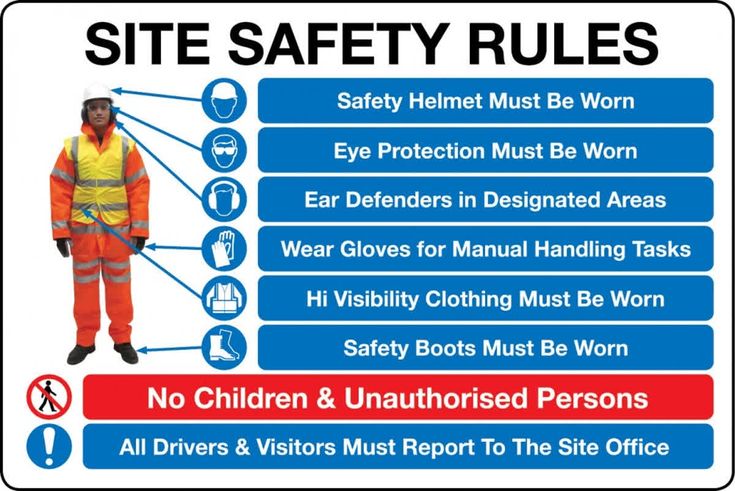
“The high-profile deaths of children in recent years have led to real hysteria both in society and in the child protection service. The public, of course, laid the blame on the service, which reacted to signals from the field with a great delay. Now officials profess the principle “better sooner than later,” sums up psychology professor Uwe Jopt, a lecturer at the University of Bielefeld and one of the leading experts in representing children in court in Germany, in an interview with Expert.
Just how to pick up a child
Demands from the public to strengthen state control over families have reached their goal. Never before in the history of Germany was it so easy to take a child away from their parents. Today, it is enough for a child protection official visiting a family, even for the first time, to conclude that the well-being of a child in the family is in danger. At the same time, the interpretation of the danger is left to the discretion of the official - as a result, the danger can be understood as the child's dirty clothes or a small area of the parent's apartment.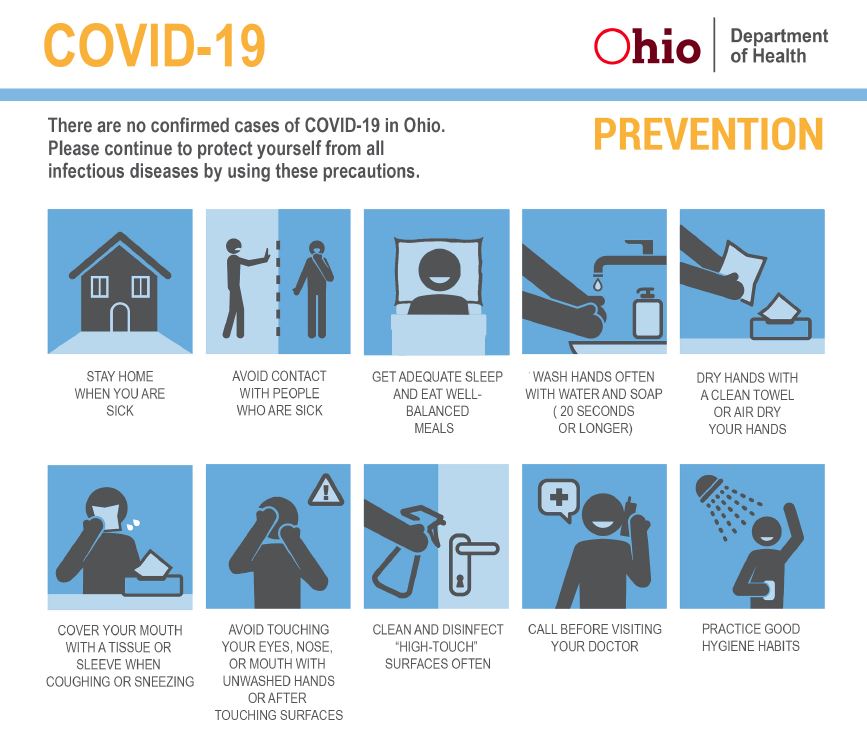 nine0005
nine0005
If the official's opinion is shared by the partner accompanying him, then the service employees call the police - the police are obliged to take the child from his parents and transfer him to the shelter indicated by the officials or to the foster family chosen by him. After that, parents can start a months-long legal battle with the state for the right to return the child or even just to see him.
“Losing a child is a hundred times easier than getting it back. If a small child is seized, then in 99 percent of cases the parents will never see him again, even if they manage to prove that the seizure was erroneous,” Uwe Jopt tells “Expert”. - But the service can seize - and seizes - children even from the maternity wards of hospitals - and not only if the mother suffers from drug addiction or alcoholism, but even when the official believes that the woman is not ready to become a mother because of the "lack of knowledge about motherhood. And then we are dealing with a de facto irreversible seizure - although the decisions of the European Court, binding on the German authorities, clearly state that a child once seized should have a lifelong right to return to his family of origin.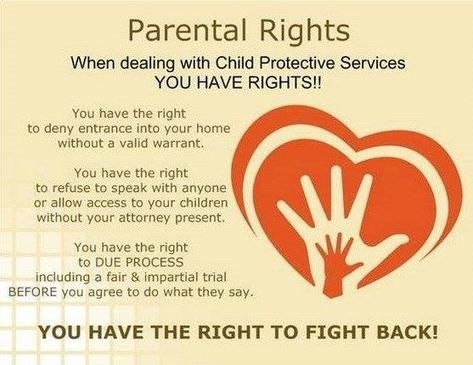 But the German Child Welfare Service assumes that once the child is returned to the family, he or she “may be in danger again in the future.” Of course, this is the perfect invincible argument.” nine0005
But the German Child Welfare Service assumes that once the child is returned to the family, he or she “may be in danger again in the future.” Of course, this is the perfect invincible argument.” nine0005
The problem of returning children to their parents is so acute and significant that Anneliese Eschger, president of the Conference of Non-Governmental Organizations at the Council of Europe, is personally involved in it. “Germany openly ignores the decisions of the European judicial authorities regarding the right of children to return to their parents. The German Child Welfare Service methodically violates European law. This is a violation of human rights, and in this area I do not observe any progress - rather, one regression, ”Eshger coldly states in a conversation with an Expert correspondent. nine0005
Presumption of guilt
Kathrin Hummel, a journalist for the respected newspaper Frankfurter Allgemeine Zeitung, has been dealing with violations of the rights of parents and children for many years. Over and over again, completely unlawful actions of the child protection service are revealed - in relation to children of all ages.
Over and over again, completely unlawful actions of the child protection service are revealed - in relation to children of all ages.
“When I tell my friends about such situations, they usually do not believe me, they say: how is it, it's simply impossible! But the more I deal with this issue, the more I understand that there are a lot of such cases. After each article on the topic of the removal of children, I receive more and more letters from families who have experienced the same situation, ”Ms. Hummel tells Expert and begins to give examples of human tragedies that occurred through the fault of officials one after another. nine0005
In Erlangen, Bavaria, a 15-year-old schoolboy who was bullied by his classmates was forcibly transferred by the Child Welfare Service under police cover to an orphanage, ostensibly "to protect himself from an authoritarian mother." For six months, the mother sought the return of the child, and only the help of a psychologist specializing in the field of teenage conflicts helped her prove her innocence and return her son.
In the same Erlangen, the Child Welfare Service seized a 15-year-old schoolgirl from her family who wished to study at home - the girl returned to her parents only after four weeks. nine0005
In the Westphalian town of Söst, a German family with many children after the birth of their seventh child (and receiving the child allowance of 500 euros required by law in such cases) became the object of close attention from the child protection service. By threatening to take the children away, the officials forced the parents to buy what they believed to be necessary household appliances, remodel the house, and change the children's diet. Control over the implementation of instructions was carried out by a social service trainee.
“Child protection staff are overworked and overwhelmed with paperwork. In addition, they have a very poor education - usually four semesters of social pedagogy. At the same time, they should be in one person a policeman, a psychologist, a social worker.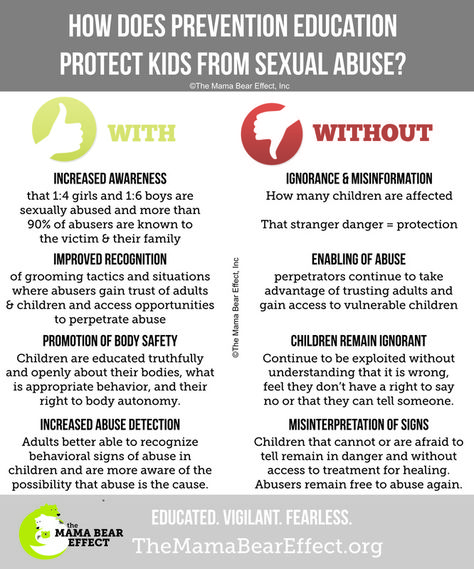 No wonder bad decisions are regularly made. Their first and often only reaction is to take the child away and the case is closed. Of course, everything should be decided through the courts, but in the case of the removal of a child, the judge usually signs everything that the child protection service proposes, Kathrin Hummel reflects. “I can't just blame the entire Child Protective Service. Many of its employees really work tirelessly for the benefit of children. But individual cases regularly spiral out of control. The problem is that if a suspicion has once arisen about a family, then the service tightly clings to this family and does not let it go. In addition, in many cases, personal dislike begins to play a role. Officials want to 'punish' recalcitrant parents who didn't show them enough respect or told them things like 'we ourselves know best how to raise a child'." nine0005
No wonder bad decisions are regularly made. Their first and often only reaction is to take the child away and the case is closed. Of course, everything should be decided through the courts, but in the case of the removal of a child, the judge usually signs everything that the child protection service proposes, Kathrin Hummel reflects. “I can't just blame the entire Child Protective Service. Many of its employees really work tirelessly for the benefit of children. But individual cases regularly spiral out of control. The problem is that if a suspicion has once arisen about a family, then the service tightly clings to this family and does not let it go. In addition, in many cases, personal dislike begins to play a role. Officials want to 'punish' recalcitrant parents who didn't show them enough respect or told them things like 'we ourselves know best how to raise a child'." nine0005
A 25-year-old Anna from Russia, who lives in the Hessian town of Giessen, knows firsthand what heightened interest from child protection services looks like.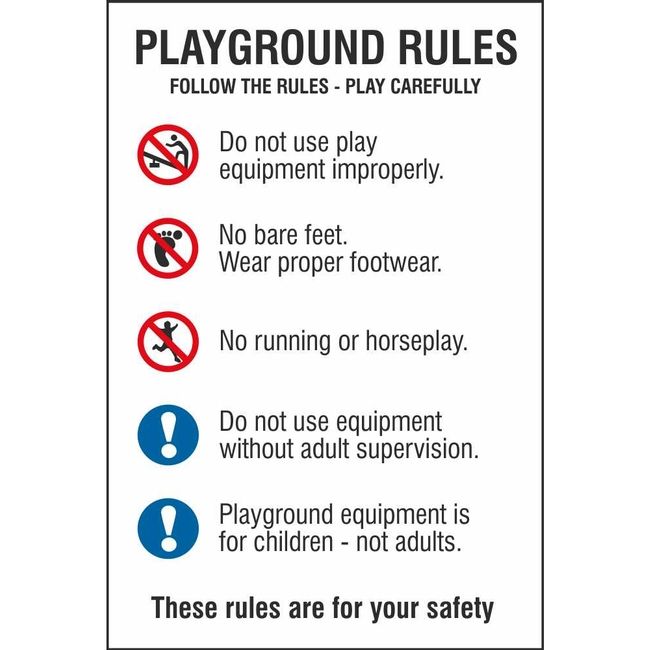 We sit in her kitchen. The voice of a charming, model-looking brunette with huge eyes trembles involuntarily as she begins to tell the story of her daughter.
We sit in her kitchen. The voice of a charming, model-looking brunette with huge eyes trembles involuntarily as she begins to tell the story of her daughter.
A year ago, the Child Welfare Service demanded that Anna come to a preventive interview after a signal from the kindergarten. Then Anna did not yet know what awaited her. As it turned out, the educators reported to the service that the mother overloads her daughter with classes, which threatens her health. “We were intensively engaged in its development - both me and my grandmother. My daughter went to English for children, studied ballet, attended a playgroup for Russian-speaking children, and my pianist friend also played the piano with her. However, thank God, they didn’t know about the piano, ”says Anna. nine0005
Anna recalls how the official in charge of her case actively gave instructions on how exactly she should deal with the development of her daughter, but at the same time admitted that he himself had no children.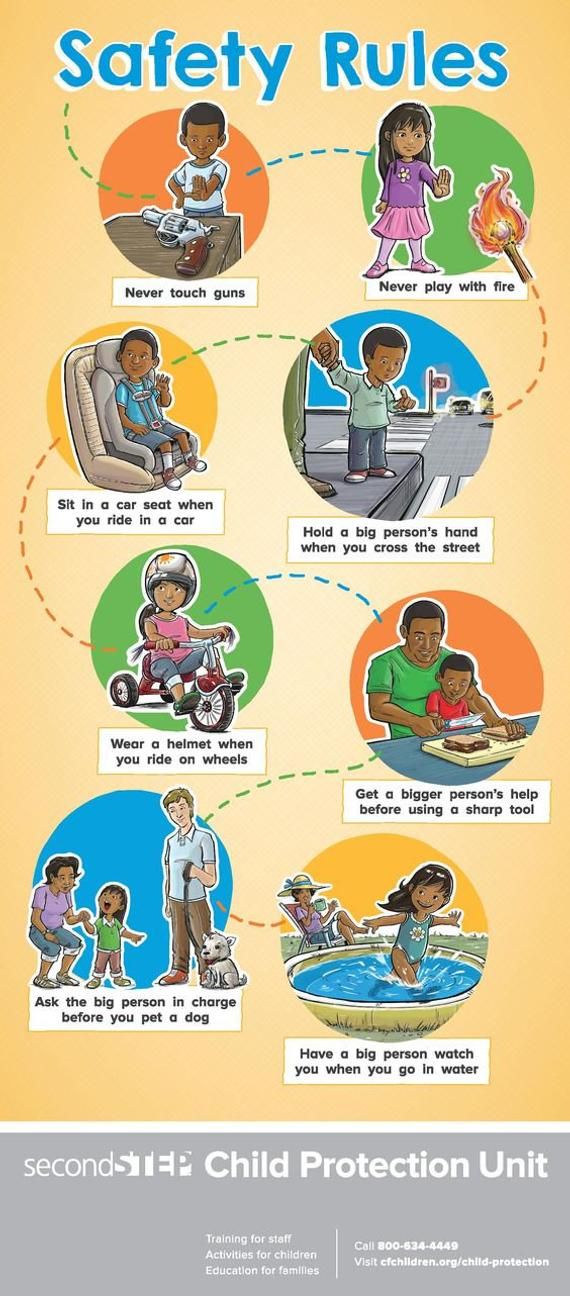 “But I studied at the university to be a social pedagogue,” he added proudly.
“But I studied at the university to be a social pedagogue,” he added proudly.
This seems to be the prevailing opinion in German social services. “This is not a matter for discussion. We have standards. We have forms to assess the potential for threats to a child. These are production standards by which to determine whether a child is at risk. Based on this form, anyone can assess the degree of threat to the child - it doesn’t matter if this person has children or not, ”Inge Büttner answers the question of the Expert correspondent in surprise about how many of her subordinates have children of their own. nine0005
“I think the reason was largely due to the fact that I am a migrant, and besides, I gave birth to a child early – at nineteen,” Anna adds after a short pause. “It’s impossible for officials to explain that it was a wanted child.”
Foreigners are indeed particularly vulnerable to child protection. Only this year - after the extremely aggressive demarches of the Polish Foreign Ministry - Polish mothers, whose children after the divorce remained with German fathers, were finally allowed to speak Polish during the rare permitted visits with children. Previously, just “I love you,” said by the mother to the child in Polish, was enough for the official who was always present during the meeting to interrupt the meeting. nine0005
Previously, just “I love you,” said by the mother to the child in Polish, was enough for the official who was always present during the meeting to interrupt the meeting. nine0005
The Office for Foreigners motivated the ban on the mother tongue by the fear that the mother might try to put pressure on the child or persuade him to run away, and the German official would not be able to understand this.
Several years of struggle and more than harsh accusations of trying to repeat the experience of the 1940s in "Germanizing" the Poles forced the German authorities to allocate additional money to invite translators to such meetings. But when Anna was under the supervision of child protection services, the new rules had not yet come into force - which means that if problems arose, she would most likely have to lose the right to communicate with her daughter in Russian. nine0005
Anna and her friend spent several months in fear for their child. “We seriously considered escaping Germany.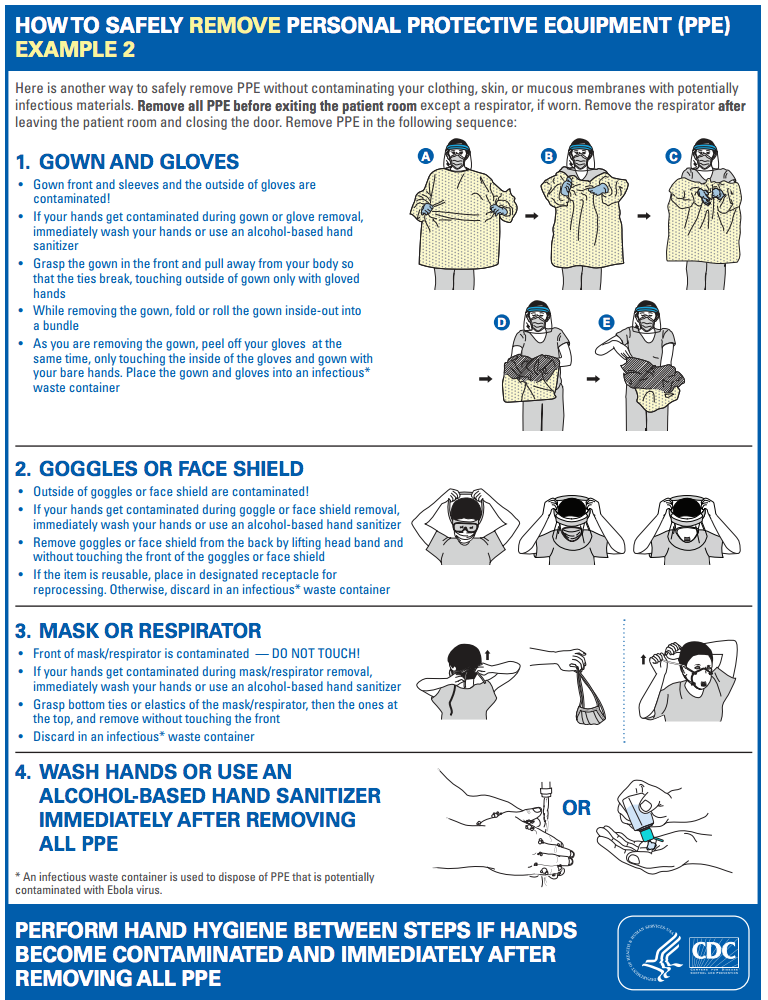 We still have an apartment in Moscow, and I definitely would not continue to live here if I saw that the officials had an idea to take my girl away, ”says Anna.
We still have an apartment in Moscow, and I definitely would not continue to live here if I saw that the officials had an idea to take my girl away, ”says Anna.
Freedom of assessment
The main reason for the current impasse is that officials have the right to give extremely subjective assessments of the state of affairs in the family and are not actually accountable to anyone for their actions. nine0005
“The decision to take children away is often made on the basis of factors that have nothing to do with the actual relationship between parents and children. For example, based on the education of parents, their financial situation, the quality of housing, - lists Professor Uwe Jopt from the University of Bielefeld. “If a family once came to the attention of the child protection service, officials will still consider it dysfunctional. Further, a purely human unwillingness to admit that one is wrong plays a role. And believe me: even in hindsight, you can always find arguments that the child was really in danger of “insufficient provision”, especially when it comes to a poor family.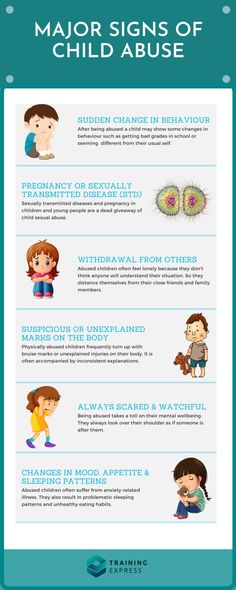 The problem is that judges who deal with such cases usually do not want to spoil their relationship with the child protection service, because they have to work with these officials all their lives. Therefore, sometimes, even if the judge sees that the material prepared by the service does not stand up to criticism, he makes a pseudo-compromise decision that will not offend officials. For example, the judge says: the child must be returned to the parents, but not now, but in three months.” nine0005
The problem is that judges who deal with such cases usually do not want to spoil their relationship with the child protection service, because they have to work with these officials all their lives. Therefore, sometimes, even if the judge sees that the material prepared by the service does not stand up to criticism, he makes a pseudo-compromise decision that will not offend officials. For example, the judge says: the child must be returned to the parents, but not now, but in three months.” nine0005
Professor Jopt has long been one of the most active critics of both the existing system of risk assessment for children and the very concept of the unconditional primacy of the state in the sphere of family relations. “The intervention of the child protection service in the family is always a huge stress for both parents and children. In fact, we are talking about a state invasion of the autonomy of the family, enshrined in German law. The consequences of such interference are often just terrible,” says Yopt, and this is not an exaggeration.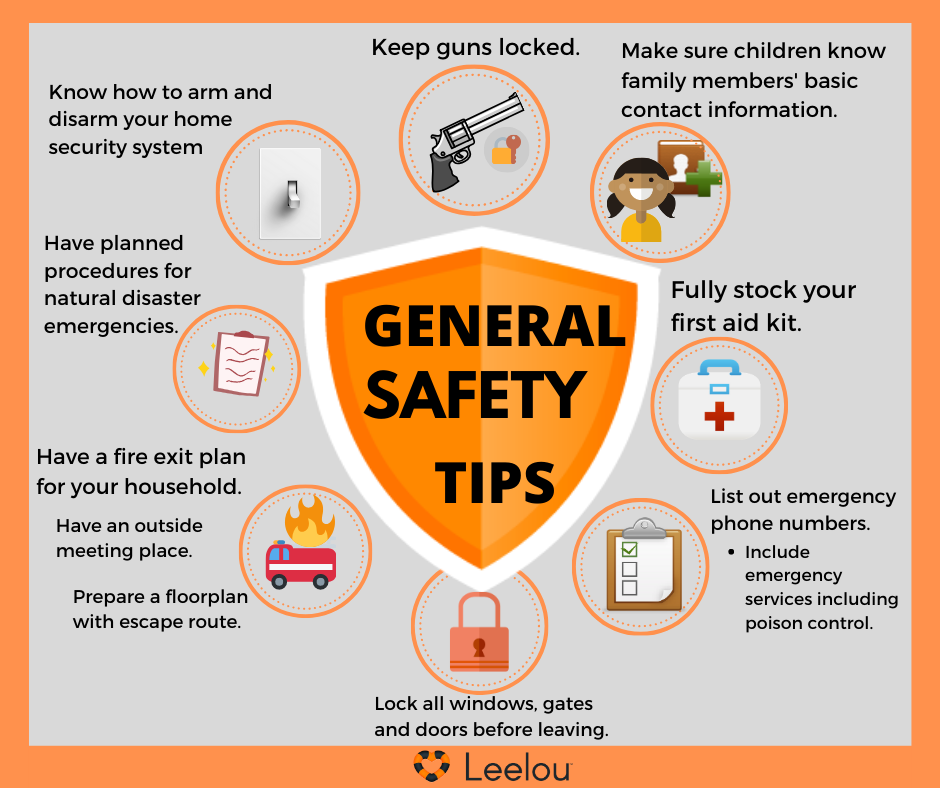 mid 19In the 90s, it was Jopt who was an expert in one of the most high-profile trials initiated by the Child Protection Service and ending in a colossal scandal - the so-called Worms Trial.
mid 19In the 90s, it was Jopt who was an expert in one of the most high-profile trials initiated by the Child Protection Service and ending in a colossal scandal - the so-called Worms Trial.
In a sparrow's nest
The Worms process began in 1993 and actually ended only in 2007. Over the years, child protection officials have managed to break the fate of more than three dozen innocent people.
It all started when the Child Welfare Office in Worms, on the middle reaches of the Rhine, announced the discovery of an active network of pedophile parents. According to officials who interviewed the children and came to this conclusion, 27 parents and grandparents of children between the ages of a few months and a few years have created an underground organization based on the sexual exploitation of their own children. The 15 alleged child victims were immediately removed from their families and transferred to the Sparrow's Nest Orphanage, while the suspected parents were placed in a pre-trial detention center.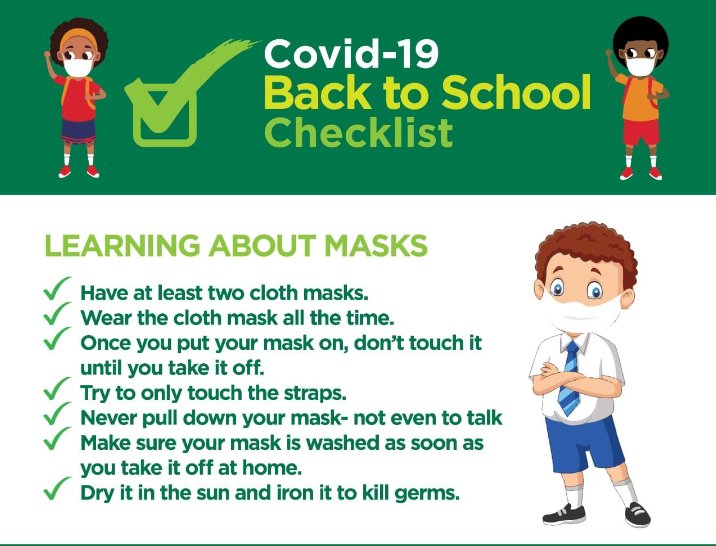 nine0005
nine0005
The investigation and trial lasted four years. During this time, one of the suspects died in the detention center. Most of the defendants lost their jobs, went broke on lawyers, or were abandoned by their spouses who remained at large. In 1997, the court acquitted all the defendants for lack of corpus delicti and closed the case, concluding that the children's testimony had been misinterpreted.
“It turned out that during the investigation, such a feature of children as the possibility of falling under the influence of a psychologist was completely ignored. In such stressful situations as regular surveys, especially in the absence of parents, children easily fall under external influence. The terrible thing is that the psychologist himself may not notice how he begins to control the child and actually puts into his mouth the words that he wants to hear from him, ”explains Professor Yopt. nine0005
But the worst thing happened later. After four years in the orphanage, six of the fifteen seized children flatly refused to return home.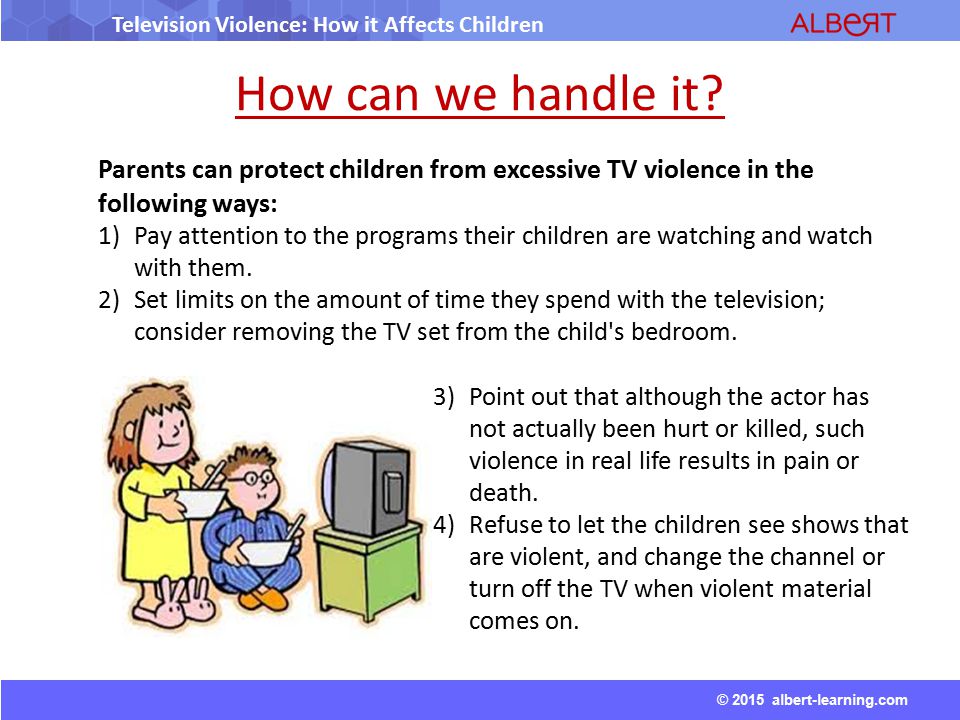 “The head of the shelter was a completely inadequate person. All these years he turned the children against their parents. Even after the court proved the innocence of the parents, he continued to fanatically believe that the parents raped the children. He said: “I will cut off my hand if they didn’t rape them,” Yopt recalls.
“The head of the shelter was a completely inadequate person. All these years he turned the children against their parents. Even after the court proved the innocence of the parents, he continued to fanatically believe that the parents raped the children. He said: “I will cut off my hand if they didn’t rape them,” Yopt recalls.
According to witnesses, the head of the shelter often led the children to the fence of the shelter and, pointing to the outside world, repeated: “Your evil parents live there. They have done a lot of terrible things to you, but now I am with you and I will protect you.” nine0005
According to German law, the Child Welfare Office was not allowed to return to parents children who had clearly expressed their unwillingness to return home to "angry mom and dad." So the brainwashing at the orphanage continued after the acquittal. Moreover, acquitted parents were prohibited from trying to make any contact with their children, because the children had clearly spoken out against him.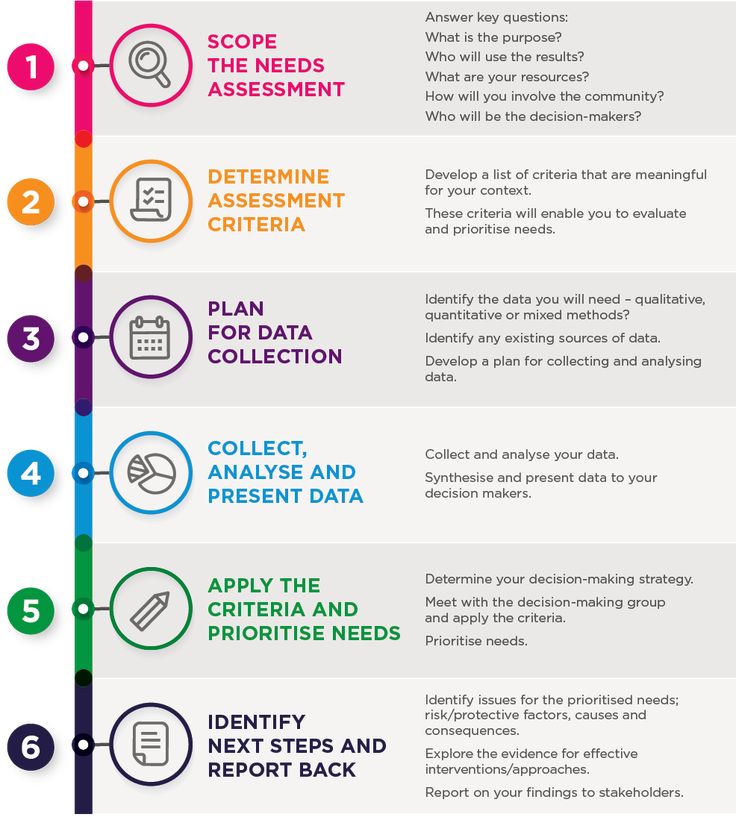 “The youngest of the seized girls - she was eight months old when she was taken from her mother - told me that she hated her parents. She spoke in detail about the dirtiest sexual abuse she allegedly experienced at the hands of her parents. Of course, these were all stories that she was inspired by. She could not experience them in reality, being an eight-month-old girl. It is clear that she hated her parents and did not want to return to them. Only now, 14 years after being removed from the family, this girl is starting to re-establish contact with her mother step by step,” continues Professor Joopt. nine0005
“The youngest of the seized girls - she was eight months old when she was taken from her mother - told me that she hated her parents. She spoke in detail about the dirtiest sexual abuse she allegedly experienced at the hands of her parents. Of course, these were all stories that she was inspired by. She could not experience them in reality, being an eight-month-old girl. It is clear that she hated her parents and did not want to return to them. Only now, 14 years after being removed from the family, this girl is starting to re-establish contact with her mother step by step,” continues Professor Joopt. nine0005
The paranoid world of Sparrow's Nest existed until the fall of 2007, when photographs of little naked girls were accidentally discovered on the computer of the head of the orphanage, some of them were identified as inmates of the orphanage. Over time, the police became aware that the teacher, who also loved to organize summer camps for children, regularly invited his pupils to spend the night in his room, and also insisted on checking the girls' hygiene with his own hands, including often personally washing them. nine0005
nine0005
In February 2008, an educator who had run the orphanage for 14 years was taken into custody on charges of pedophilia. In August, he was convicted of child molestation and given a one-year suspended sentence. “If this story were made up, it would be a bad story,” laments Professor Jopt.
Dead end with no way out
Inge Büttner, head of the child protection service in Frankfurt Sachsenhausen, throws up her hands: “We are always guilty. Either because they are too active, or because they are not active enough. No one will ever say that we are doing everything right. The only thing we can do is continue to protect children as professionally as our knowledge and our powers allow us to.” nine0005
Surprisingly, in many ways the official is right. The broadest legal powers, an inflated public opinion and a national conviction that the state is an omnipotent, omniscient and omnipotent God have driven the German child protection service into a dead end, from which it is almost impossible to get out.